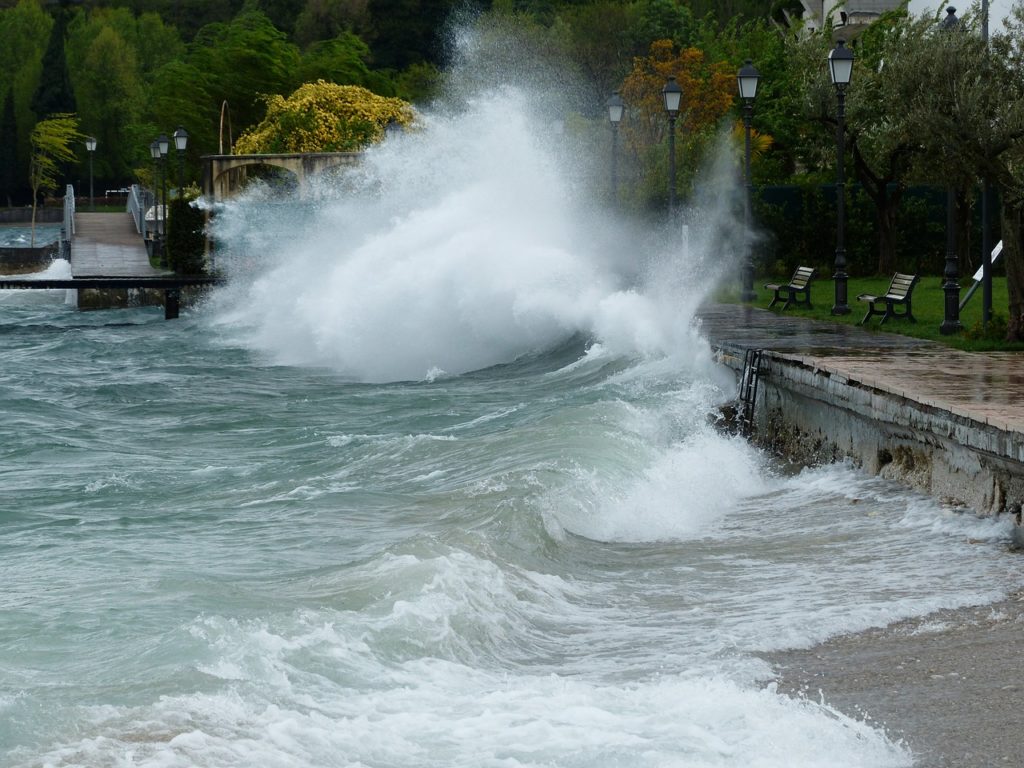
Water safety after floods, cyclones and other disasters
- Drinking water
A boil water alert is issued for areas connected to mains scheme water, sometimes following a disaster, because the mains water may be unsafe to cook with or drink. If a boil water alert has been issued, it is essential you follow that warning to prevent illness.
To prepare water for food preparation or drinking, you should heat the water to a rolling boil for at least 1 minute using a kettle or stove and then allow it to cool. This is the way to kill any bacteria.
Until the water has cooled down to room temperature, be sure to keep children away from any boiling water. Clean water should be placed in the fridge in a clean container with a lid, once it has cooled.
Under no circumstances, until the alert is lifted, you should cook with or drink water that has not been boiled. Alternatively, you can use bottled water.
Bottled or cooler boiled water should be used for:
- drinking and cooking
- washing raw foods, such as salads or seafood
- making ice
- cleaning teeth
- your pet’s drinking water.
If a boil water alert has been issued:
- dishes should be washed in dishwasher or in hot soapy water
- children should take cooled boiled or bottled water to school.
Your local government authority or your local radio station will provide updates. Also check their websites for information.
You will need to follow the water supplier’s instructions for flushing the household water pipes, when the boil water alert is lifted.
- Rainwater
Damaged or flooded rainwater tanks may be contaminated, they may also become mosquitoes breeding areas.
As soon as is safe to do so, should be taken action, to ensure mosquitoes are prevented from breeding in these tanks.
In the tanks, where the water can be saved, it needs be disinfected properly. In instances where the water cannot be saved or water is too dirty, the tank should be drained.
- Bore water
Following flooding, bore water should not be used for food preparation or drinking. However, some people use bore water for laundry or irrigation purpose.
The condition of a water storage tank or garden bore system may be compromised by floodwater entering the system, following flooding
If this is the case, you will need to disinfect the water from the bore pump to the storage tank. The following disinfection procedure is recommended.
- If the tank is clean – add 1.5 grams of dry pool chlorine per 1000 liters of water to ensure it is safe to use.
- If the tank has been contaminated – add 150 grams per 1000 liters for turbid (cloudy) water or 75 grams per 1000 liters for clear water.
The mixture should be left to stand in the tanks for 4 hours. The tank should then be drained.
Do not drink this water !
You can now refill the tank adding 1.5 grams of dry pool chlorine per 1000 liters.
After a flood, recreational waters (including lakes, rivers, estuaries and beaches) are likely to be contaminated with chemicals and sewage. Do not eat shellfish from flood affected waters as they can make you sick. Fish should be cooked thoroughly.
